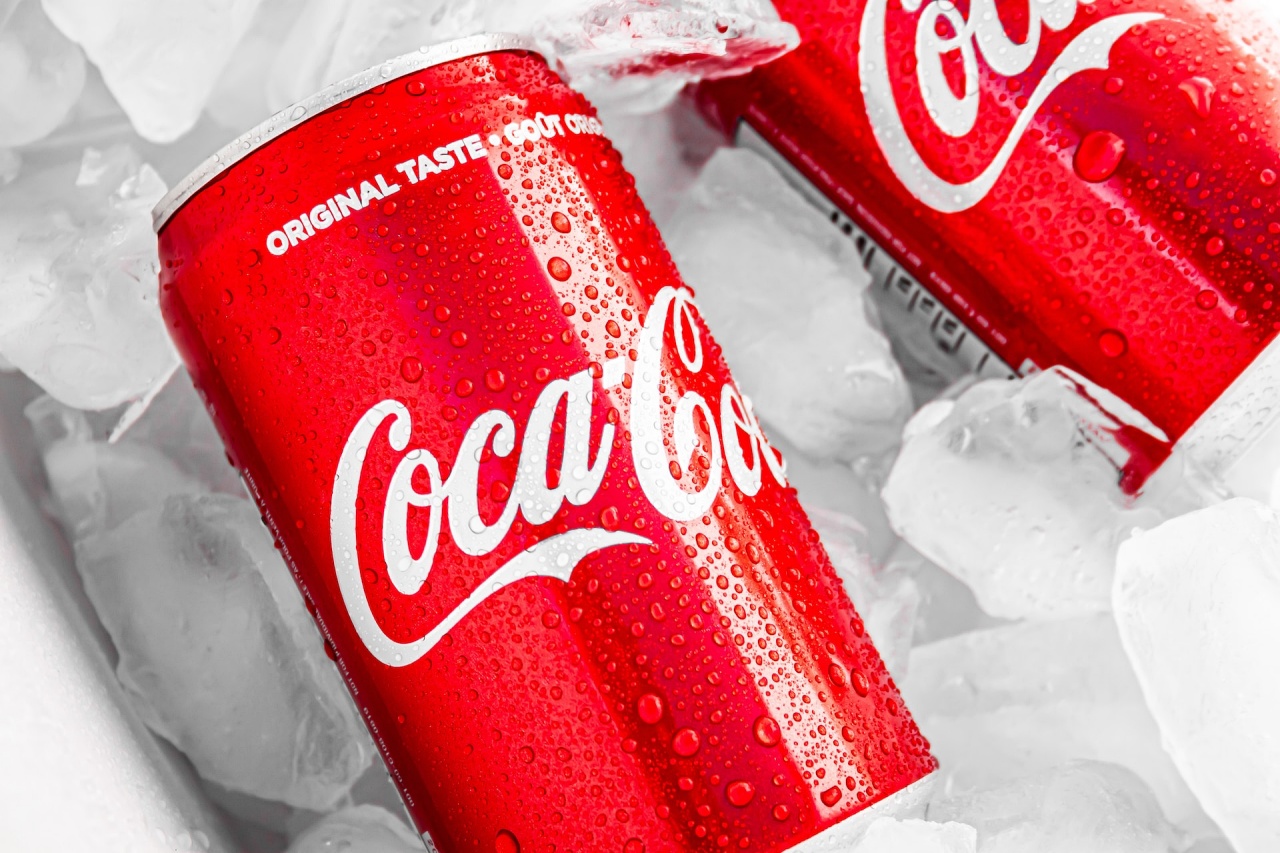Coca-Cola, Nestle, and Danone are reportedly accused of deceptive advertising for bottle recycling. A European consumer group and some environmental campaigners said the three major firms are making misleading eco-recycling claims so they filed a legal complaint with the European Commission for this matter.
The groups explained that the firms have been saying that the plastic water bottles used for their products are 100% recycled but they suggested that this claim is not true. Moreover, they pointed out that the companies are not being environmentally friendly because most of the plastic bottles are only used once and then discarded.
Greenwashing Claims vs. Coca-Cola, Nestle, and Danone
The consumer body and two environmentalist groups said that the advertisements of the firms stating that their bottles are 100% recycled are misleading. They argued that the bottles are never completely made of recycled materials, as per BBC News.
Coca-Cola, Danone, and Nestle are accused of greenwashing for their eco-friendly ads which the groups are claiming to be false. They pointed out that the ads can mislead consumers who would like to help keep the planet green by choosing the companies’ products that supposedly use packaging that is wholly made with recycled materials.
What the Organizations Think of Eco-Friendly Ads
Sky News reported that the groups that issued the complaints are the European Consumer Organisation (BEUC) and environmental groups - ClientEarth and Environmental Coalition on Standards (ECOS).
BEUC’s deputy director, Ursula Pachl, said shoppers want to make the most sustainable choice, however, they are "bombarded” with deceptive and false claims. "Using '100% recycled/recyclable' claims or displaying nature images and green visuals that insinuate that plastic is environmentally friendly is misleading consumers," she said.
Rosa Pritchard, a lawyer at ClientEarth, added, "The evidence is clear - plastic water bottles are simply not recycled again and again to become new bottles in Europe. A '100%' recycling rate for bottles is technically not possible and, just because bottles are made with recycled plastic, does not mean they do not harm people and planet."
She went on to say, "It is important companies don't portray recycling as a silver bullet to the plastic crisis - instead they need to focus efforts on reducing plastic at source."
Photo by: James Yarema/Unsplash



 Uber Ordered to Pay $8.5 Million in Bellwether Sexual Assault Lawsuit
Uber Ordered to Pay $8.5 Million in Bellwether Sexual Assault Lawsuit  SpaceX Prioritizes Moon Mission Before Mars as Starship Development Accelerates
SpaceX Prioritizes Moon Mission Before Mars as Starship Development Accelerates  SoftBank Shares Slide After Arm Earnings Miss Fuels Tech Stock Sell-Off
SoftBank Shares Slide After Arm Earnings Miss Fuels Tech Stock Sell-Off  OpenAI Expands Enterprise AI Strategy With Major Hiring Push Ahead of New Business Offering
OpenAI Expands Enterprise AI Strategy With Major Hiring Push Ahead of New Business Offering  TrumpRx Website Launches to Offer Discounted Prescription Drugs for Cash-Paying Americans
TrumpRx Website Launches to Offer Discounted Prescription Drugs for Cash-Paying Americans  Washington Post Publisher Will Lewis Steps Down After Layoffs
Washington Post Publisher Will Lewis Steps Down After Layoffs  Missouri Judge Dismisses Lawsuit Challenging Starbucks’ Diversity and Inclusion Policies
Missouri Judge Dismisses Lawsuit Challenging Starbucks’ Diversity and Inclusion Policies  Weight-Loss Drug Ads Take Over the Super Bowl as Pharma Embraces Direct-to-Consumer Marketing
Weight-Loss Drug Ads Take Over the Super Bowl as Pharma Embraces Direct-to-Consumer Marketing  Nasdaq Proposes Fast-Track Rule to Accelerate Index Inclusion for Major New Listings
Nasdaq Proposes Fast-Track Rule to Accelerate Index Inclusion for Major New Listings  Prudential Financial Reports Higher Q4 Profit on Strong Underwriting and Investment Gains
Prudential Financial Reports Higher Q4 Profit on Strong Underwriting and Investment Gains  Nvidia, ByteDance, and the U.S.-China AI Chip Standoff Over H200 Exports
Nvidia, ByteDance, and the U.S.-China AI Chip Standoff Over H200 Exports  Toyota’s Surprise CEO Change Signals Strategic Shift Amid Global Auto Turmoil
Toyota’s Surprise CEO Change Signals Strategic Shift Amid Global Auto Turmoil  Hims & Hers Halts Compounded Semaglutide Pill After FDA Warning
Hims & Hers Halts Compounded Semaglutide Pill After FDA Warning  Instagram Outage Disrupts Thousands of U.S. Users
Instagram Outage Disrupts Thousands of U.S. Users  CK Hutchison Launches Arbitration After Panama Court Revokes Canal Port Licences
CK Hutchison Launches Arbitration After Panama Court Revokes Canal Port Licences  TSMC Eyes 3nm Chip Production in Japan with $17 Billion Kumamoto Investment
TSMC Eyes 3nm Chip Production in Japan with $17 Billion Kumamoto Investment  Trump Backs Nexstar–Tegna Merger Amid Shifting U.S. Media Landscape
Trump Backs Nexstar–Tegna Merger Amid Shifting U.S. Media Landscape 































